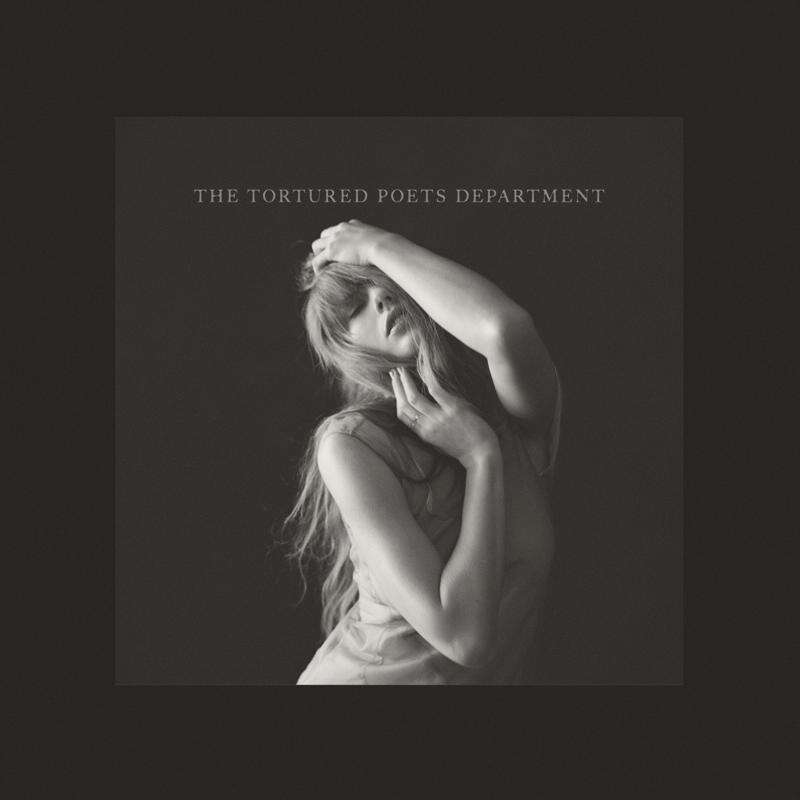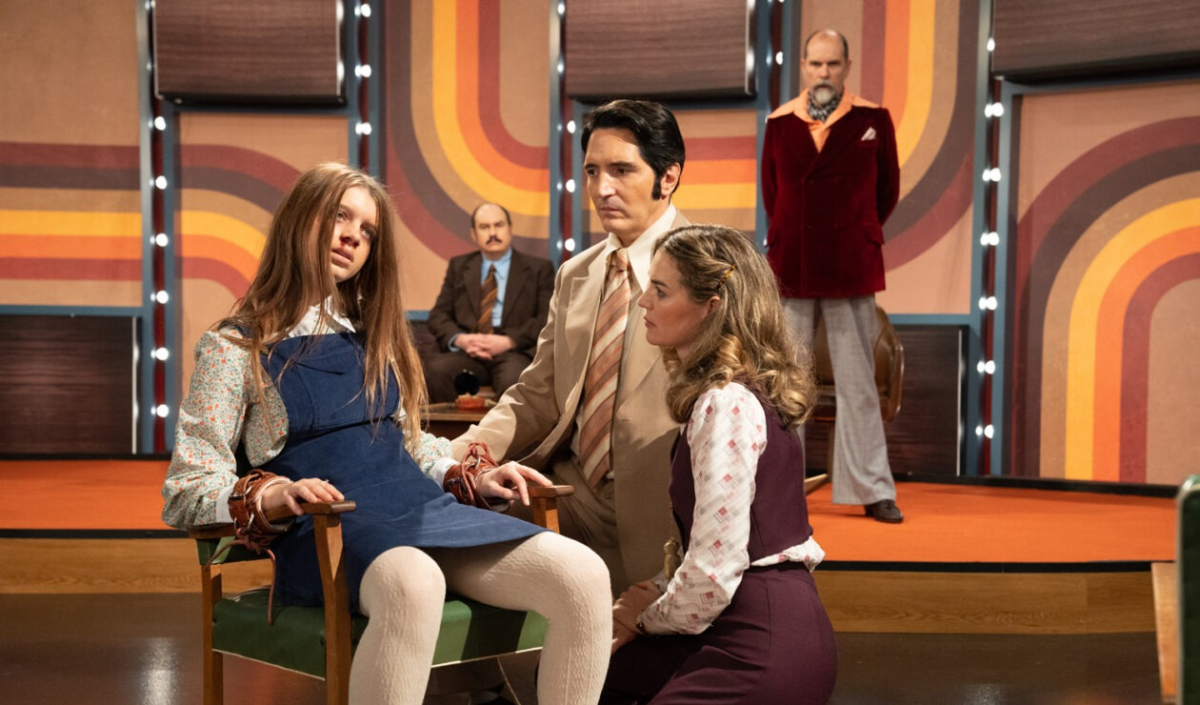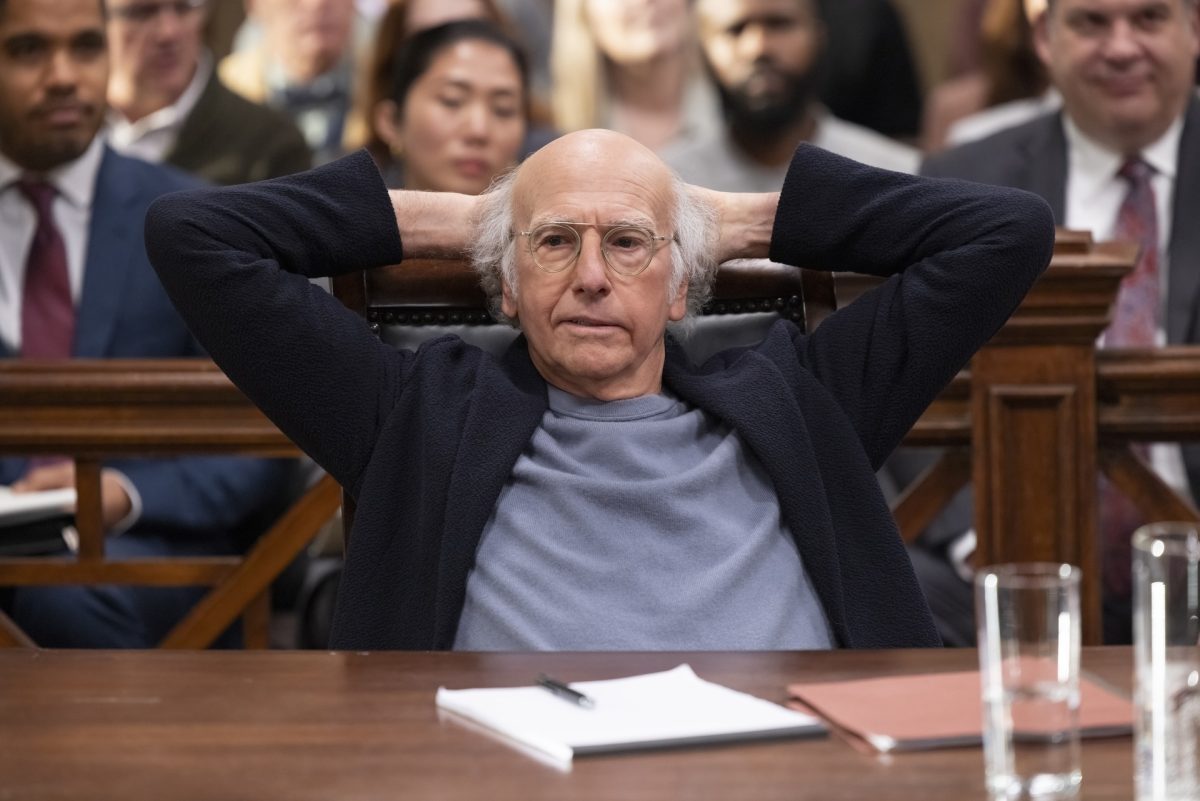Teen bullying is an interesting subject for a documentary, but one that has to be handled with a degree of tact. After all, in the wrong director’s hands, such a film could come off as preachy, or even worse, exploitative. With “Bully,” a documentary that follows a handful of bullied teens through their lives and tries to make sense of it all, director Lee Hirsch falls into both traps once or twice, but mainly focuses on making an emotional plea for change. For the most part, it works.
“Bully” tracks a wide bunch of subjects, but it’s easy to pick out its main characters: Alex, a frequently bullied boy who insists that “they’re just messing around,” and David and Tina Long, the parents of a bullying victim who become activists in the wake of their son’s suicide. Alex makes for a compelling central figure, happy and inspiring even as terrible things happen to him on a daily basis, and when he’s finally forced to stop brushing off the things his tormentors are doing, it’s hard not to feel sympathy for him.
David and Tina Long are the film’s most proactive figures. While a few of their earlier scenes in the film veer a bit too far into the realm of icky voyeurism, their outrage at the way the schools ignored their son’s problems is effective. The best scene in the film involves them staging a public forum on teen bullying (at which school officials are pointedly absent). It’s a stirring sequence, as parents and students make outraged proclamations and share passionate stories from their own lives.
Some of the many stories featured in “Bully” are more engaging than others, both in terms of content and visuals. As tough to watch as each arc is, it can feel repetitive at times, and Lee Hirsch’s direction has some serious flaws. Most notably, and especially in the film’s early going, focus issues mar some key shots. While this may or may not have been an artistic choice, it’s ultimately a huge detriment and distraction.
“Bully” is a film with an important message, but it never quite comes up with a clear way to express it. The best documentaries have a thesis statement at some point in their runtime, a clear declaration of the problem and its solutions, and it may be a comment on the difficulty of “Bully’s” subject that there’s no clear-cut solution to the cruelty of children.
Even so, the film doesn’t build to much of a close, but rather a montage of rallies followed by a link to a website. “Bully” is clearly impassioned and angry, but its message is ultimately muddled and confused. As good as the documentary’s heart is, its impact will probably be disappointing.
Oh, and the scene that caused all of that MPAA controversy? It’s a throw-away, a brief barrage of “fucks” at the beginning of the film, just as noble in its honest depiction, but ultimately misguided in its effectiveness as “Bully” itself.




















